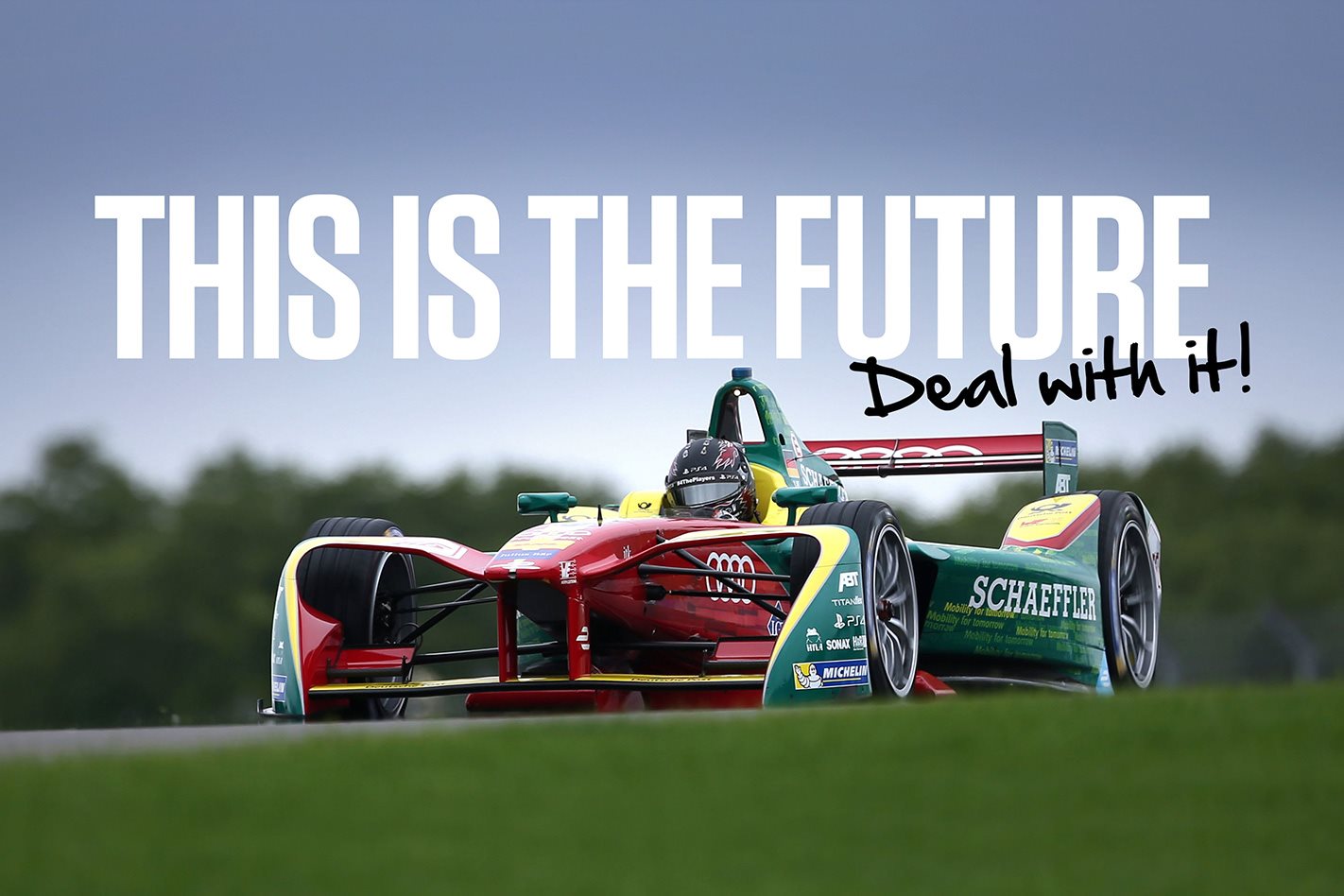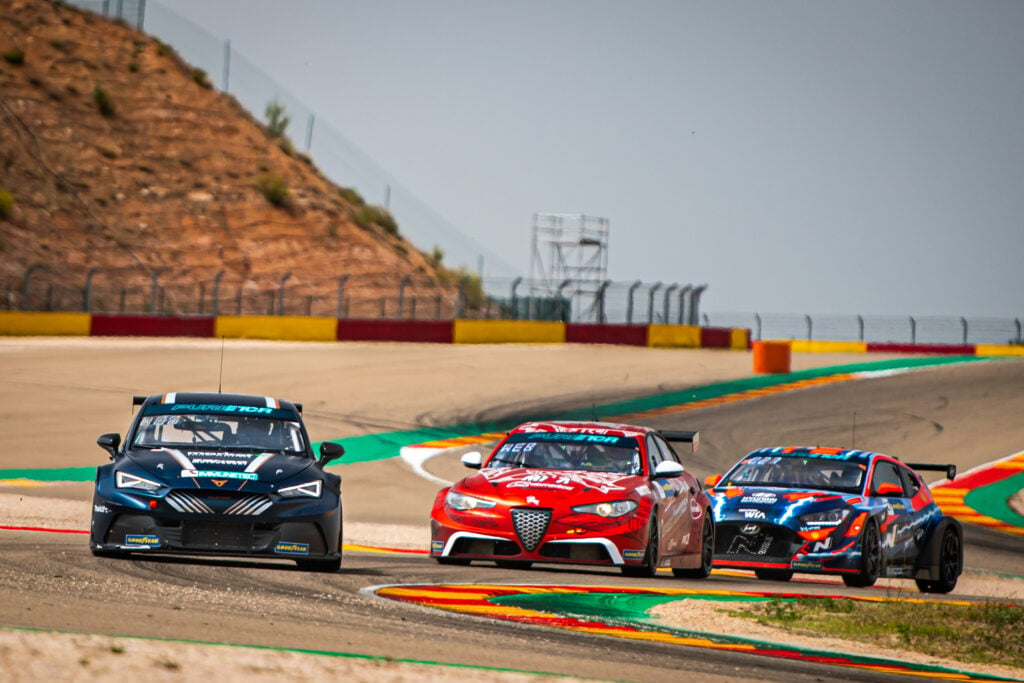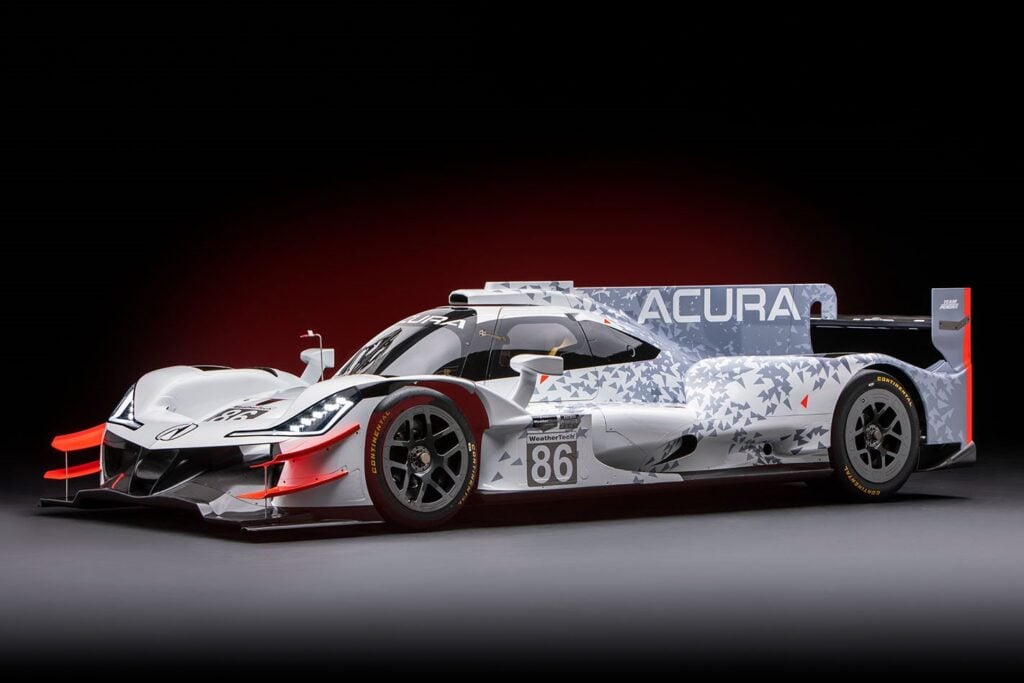FORMULA E is unloved, even rebuked, by many traditional motorsport fans, yet manufacturers adore it, and the series has quickly cemented its position in the future of automotive sport.
It seems implausible given its woefully boring racing, uninspiring car designs, gimmicky rules, and minimal audience. But the all-electric category has large, continued, and growing support from carmakers, something no other category outside GT4 and GT3 can boast.
This week Formula 1 world champions Mercedes-Benz became the latest brand to pledge allegiance to the fledgling open-wheel category, and as it gave with one hand it took away with the other by announcing its withdrawal from the German touring car series, DTM, in order to redirect funds.
This is a huge deal. Mercedes has raced in DTM every year since the series was reborn in 2000, and was there in its original iteration from 1986-96. That’s almost 30 seasons in total. It’s a move that has rocked the motorsport world, and shaken the once sure-footed future of the German category with reports other manufacturers may also bow out.
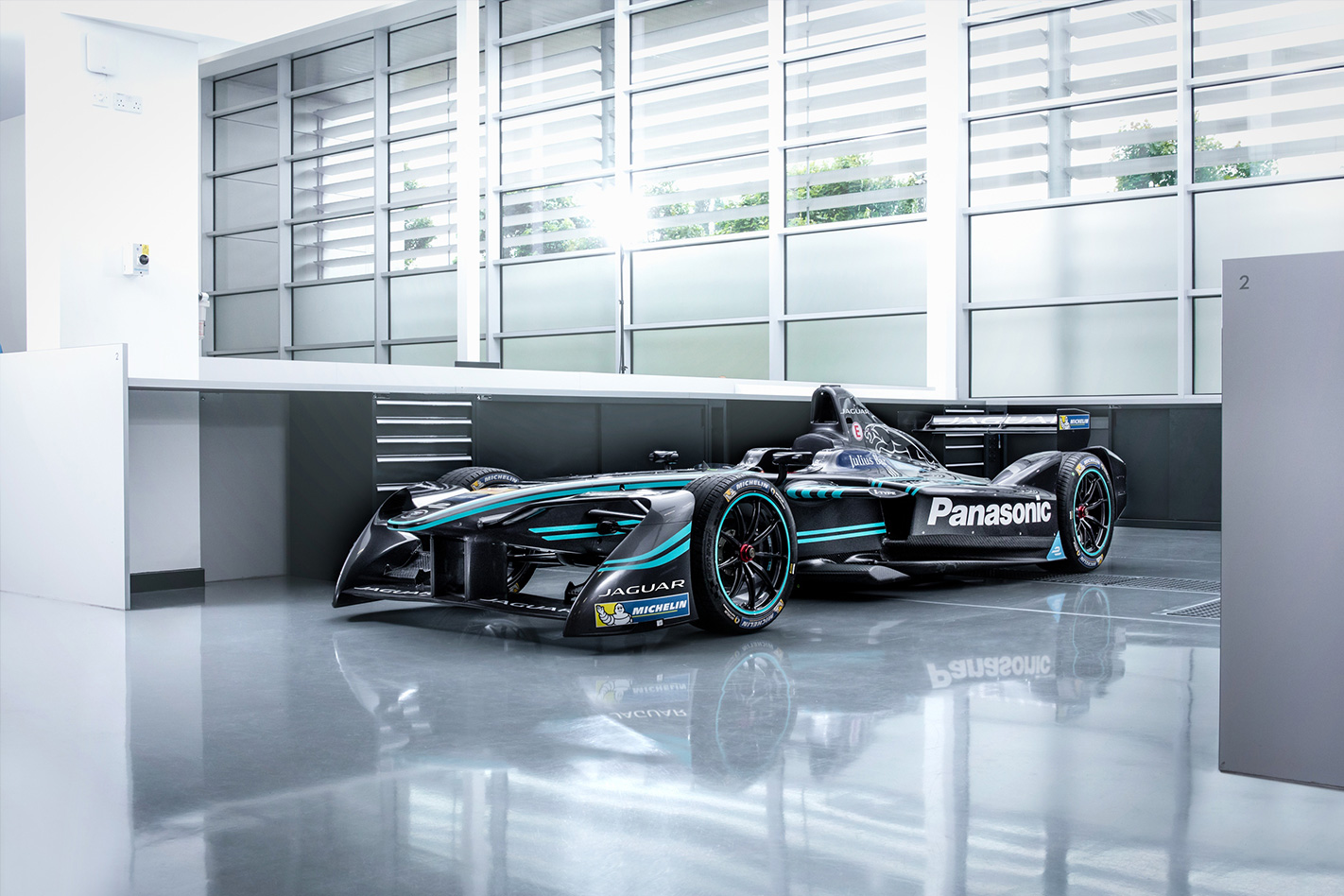
BMW has also announced its intention to get amongst it, while McLaren is locked in to provide the battery packs for all cars for the 2018 season, which will eliminate the need for silly car swaps during racing.
With ever-increasing pressure on carmakers to improve hybrid technology, the attraction of Formula E and the accelerated rate of development it brings is obvious.
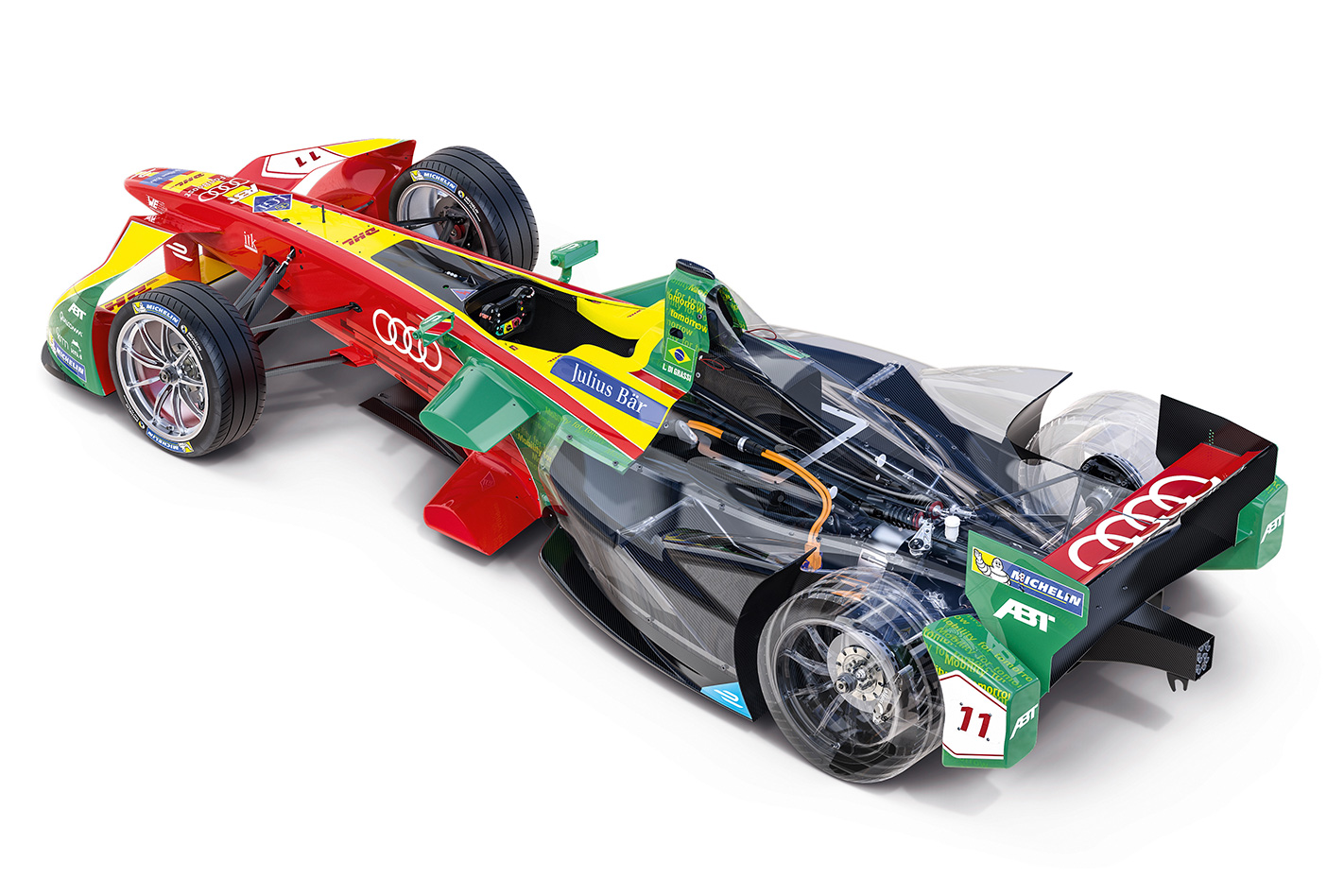
By contrast, Formula 1 has just four factory-backed teams from Ferrari, Mercedes-Benz, McLaren and Renault. It’s the significantly greater support for Formula E from vehicle manufacturers that all but ensure its place in the future.
Before we get too far ahead, the situation now is that Formula E is poised to wrap up its third ever season this weekend. Three years of competition is a micro-second in comparison to the rich history of many categories. But we are well and truly in the age of start-ups.
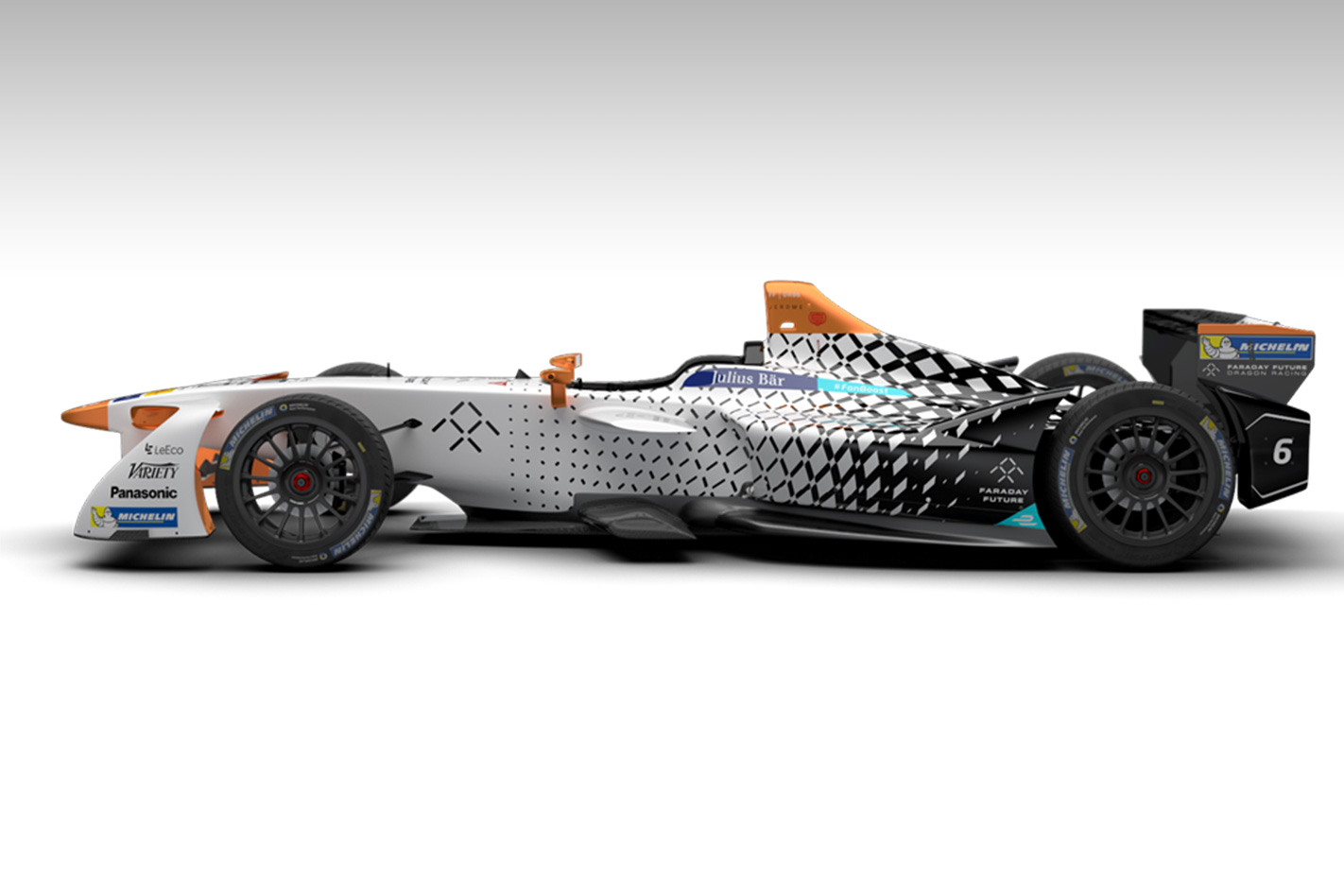
The series isn’t interested in converting the motorsport diehards of the world, instead it wants to build and entice an entirely new and different audience of people who have perhaps never engaged with motorsport before. It’s doing this with one-day events in major city centres.
So yes, for long-time motorsport watchers, the news may be hard to accept, and much less enjoy. But underestimating the impact Formula E will have, or its long-term future as a major global category would be a foolish thing indeed.


